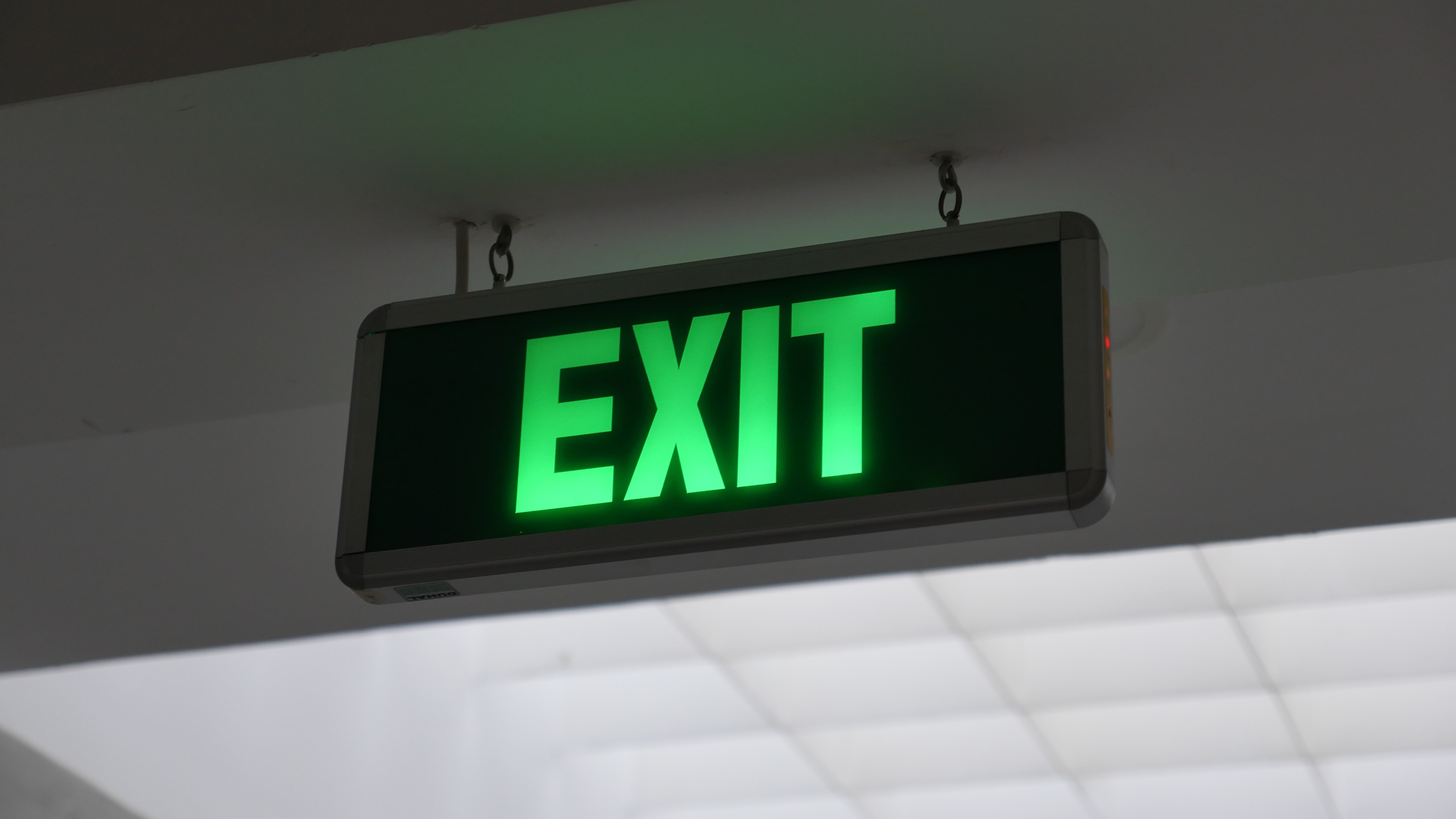415 reads
How to Avoid Awkward Virtual Events
by
October 7th, 2020

Award-winning writer. Creator. Nut for cocos. #1 New Release, Humor + Entertainment for SMALL TALK WITH MYSELF.
About Author
Award-winning writer. Creator. Nut for cocos. #1 New Release, Humor + Entertainment for SMALL TALK WITH MYSELF.
